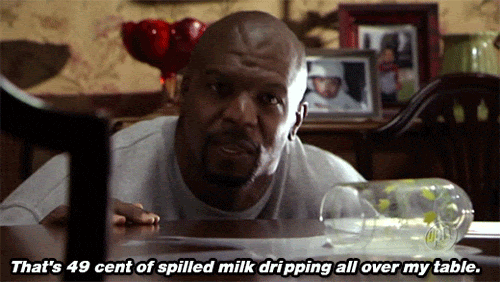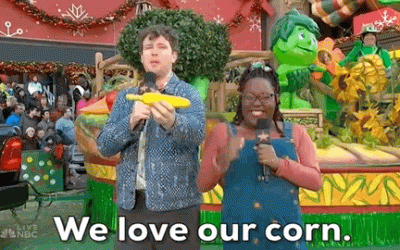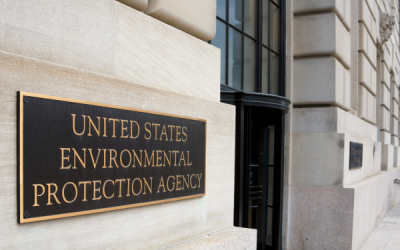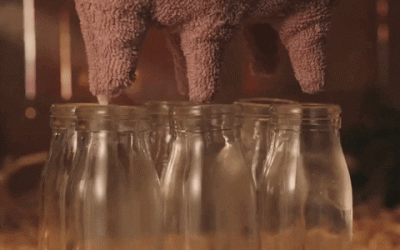Dairy drama! Colombia is having a cow over U.S. milk powders, claiming they are subsidized by the government.
So what does this mean?
Soundbite: “It means that the other country is alleging that there are subsidies by the exporting party that are making the product being exported… cheaper than it should be. That is, of course, baseless. There is absolutely no foundation to these arguments.” — Shawna Morris, U.S. Dairy Export Council
The facts: According to the National Milk Producers Federation (NMPF) and U.S. Dairy Export Council (USDEC), U.S. powdered milk doesn’t receive subsidies and is not the same as Colombian fluid milk. The groups are asking the U.S. government to fight back if Colombia imposes tariffs.
Kind of a big deal: The U.S. exported about $70M in milk powder to Colombia last year. If Colombia imposed tariffs, they would definitely hurt.
Making mooves: Several U.S. representatives have sent a letter to the Colombian Ambassador to the U.S. explaining that the U.S. and Colombia should work together to strengthen the dairy sector and not launch “damaging protectionist investigations.”
Meanwhile, Agriculture Undersecretary for Trade and Foreign Agricultural Affairs Alexis Taylor said she discussed U.S. milk powder imports and feed corn imports during a trade mission to Colombia this past week.
It is rumored that the Colombian government wants to restrict U.S. corn imports to help small Colombian farmers, but no action has been taken. Taylor is hopeful Colombia will not go through a full investigation.
Short Corn Packs a Punch
Dynamite comes in small packages—which can be true with new seed technology. What’s...
Congress to EPA: What’s Your BEEF with Meat Packers?
The Environmental Protection Agency (EPA) is considering new regulations that take aim at meat and poultry processors.
And some members of Congress have a BEEF with the EPA’s proposals.
The proposed rules: In late January, the EPA released the details of its proposed “Clean Water Effluent Limitations Guidelines and Standards for the Meat and Poultry Products Point source category.”
Huh?
Basically, the EPA formally published its proposals to combat wastewater contaminants that come from slaughterhouses.
Okay… that makes more sense.
At the heart of the rules proposal is a concern from environmental groups about nitrogen and phosphorus pollutants that originate from slaughterhouses. In some cases, the wastewater goes directly into waterways. In other cases, the water goes to municipal wastewater treatment facilities.
But not everyone is on board with the EPA’s suggestions…
Congress responds: Last week, two U.S. representatives—Eric Burlison (MO) and Ron Estes (KS)—pushed back against the EPA and introduced the “Banning EPA’s Encroachment of Facilities (BEEF) Act.” If passed and signed by President Biden, the law would prohibit the EPA from finalizing, implementing, or enforcing the rule.
According to the lawmakers, the proposed rules place undue burden on small processors—costs that can be absorbed by larger companies.
Soundbite: “The… proposed regulation isn’t just an attack on family-run small businesses, it’s an attack on rural communities,” said Burlison. “These meat and poultry processors are the lifeblood of our communities. The BEEF Act… lets these hardworking Americans do what they do best, produce safe, affordable food for our families.”
University of Illinois Makes Big Mooves in Milk Production
Pump it up: Scientists led by Matt Wheeler at the University of Illinois Urbana-Champaign are...




